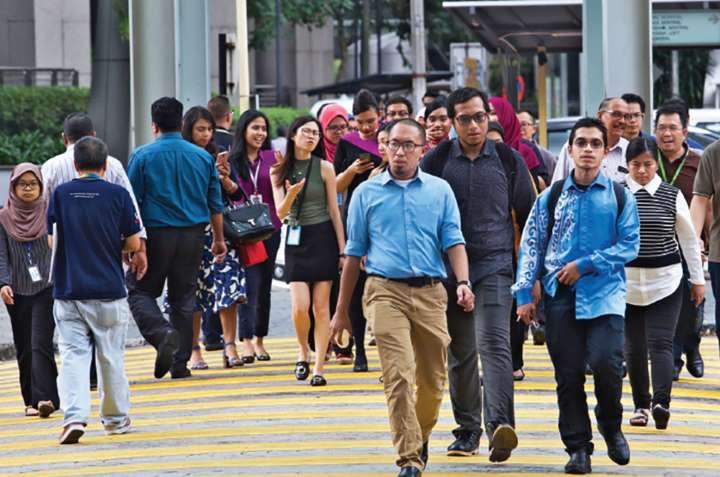Many look forward to days of retirement where they can finally enjoy the fruits of their labour. Unfortunately, it doesn’t look like that future will come to pass for the majority of Malaysia’s older population.

World Bank Malaysia recently published a report titled, “A Silver Lining: Productive and Inclusive Ageing for Malaysia” on their Facebook live and revealed that nearly 75% of workers who have reached the age of 54 have a balance of under RM250,000 in their retirement savings account.
As a result of these poor savings, “almost three-quarters of workers will have a monthly benefit of less than RM1,050, only slightly above the poverty line income of RM980 before it was revised,” said the report. Hence, a majority of the senior citizen population in Malaysia might need to rely on financial support from their family or social aid from the government in order to remain marginally above poverty.
The World Bank said that this was due to the lack of Malaysians who are contributing to their Employees Provident Fund (EPF) and the low age threshold set for withdrawals at the age of 54. “At 60.8 per cent, participation in contributory retirement savings institutions is low, especially when compared to the aspirational peer group of high-income countries.”

The statistics are significantly worse for lower-income households where less than 20% of the working-age B20 income group are active EPF contributors.
The report, which was officiated by Datuk Seri Mustapa Mohamed from the Prime Minister’s Department, also stressed on the importance of public funding towards communities that help elderly care as it is crucial to Malaysia’s economic growth.
Meanwhile, the report also detailed that Malaysia is developing an ageing population with more than 7% of the population aged 65 and above in 2020. Those between the age range of 50 to 74 are struggling to secure proper jobs, particularly those in this group who are women.
For the full report, check out World Bank Malaysia’s Facebook live here.
Also read: Study: KL Ranks 4th For Top Overworked Cities & Worst Work-Life Balance Globally In 2020






































